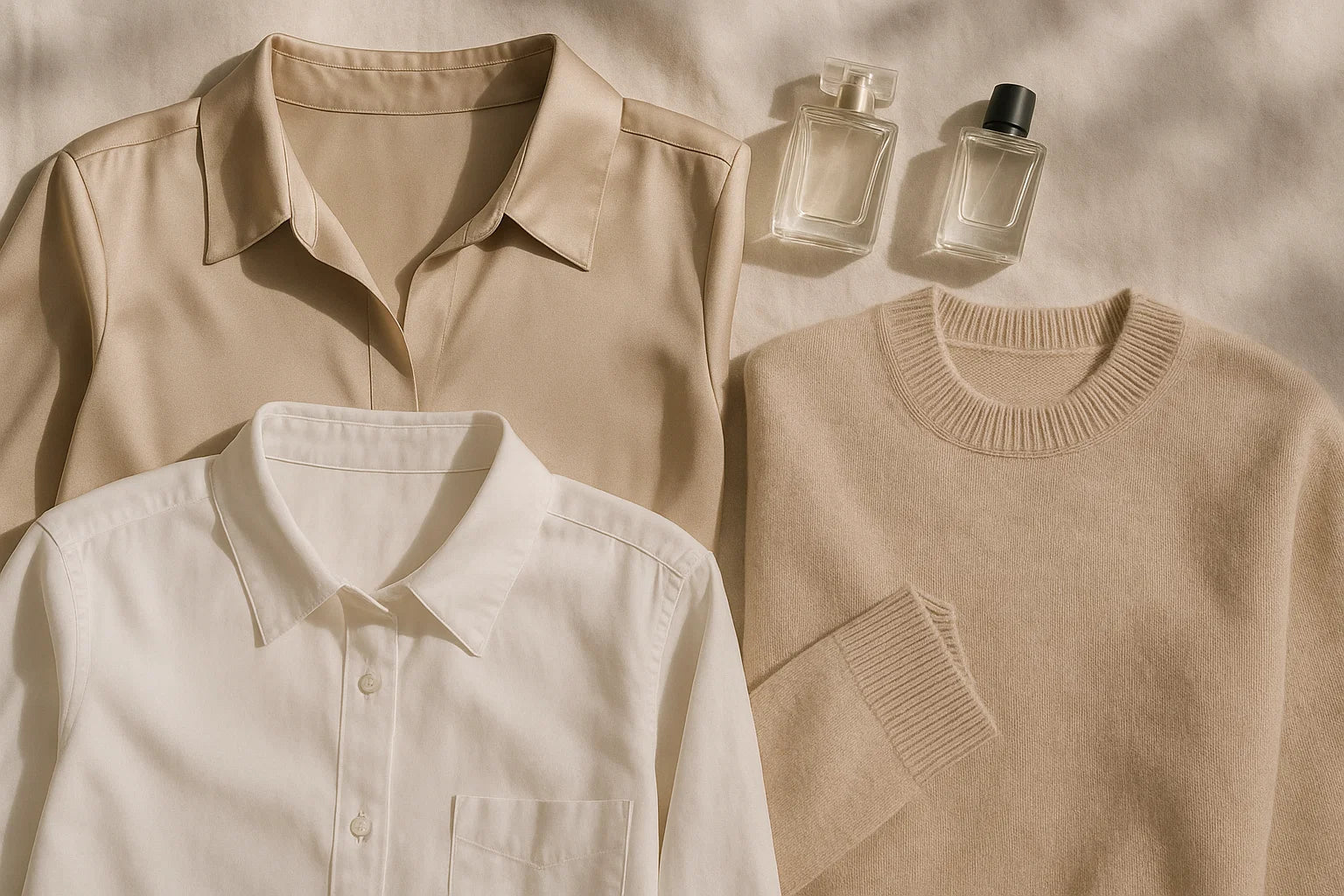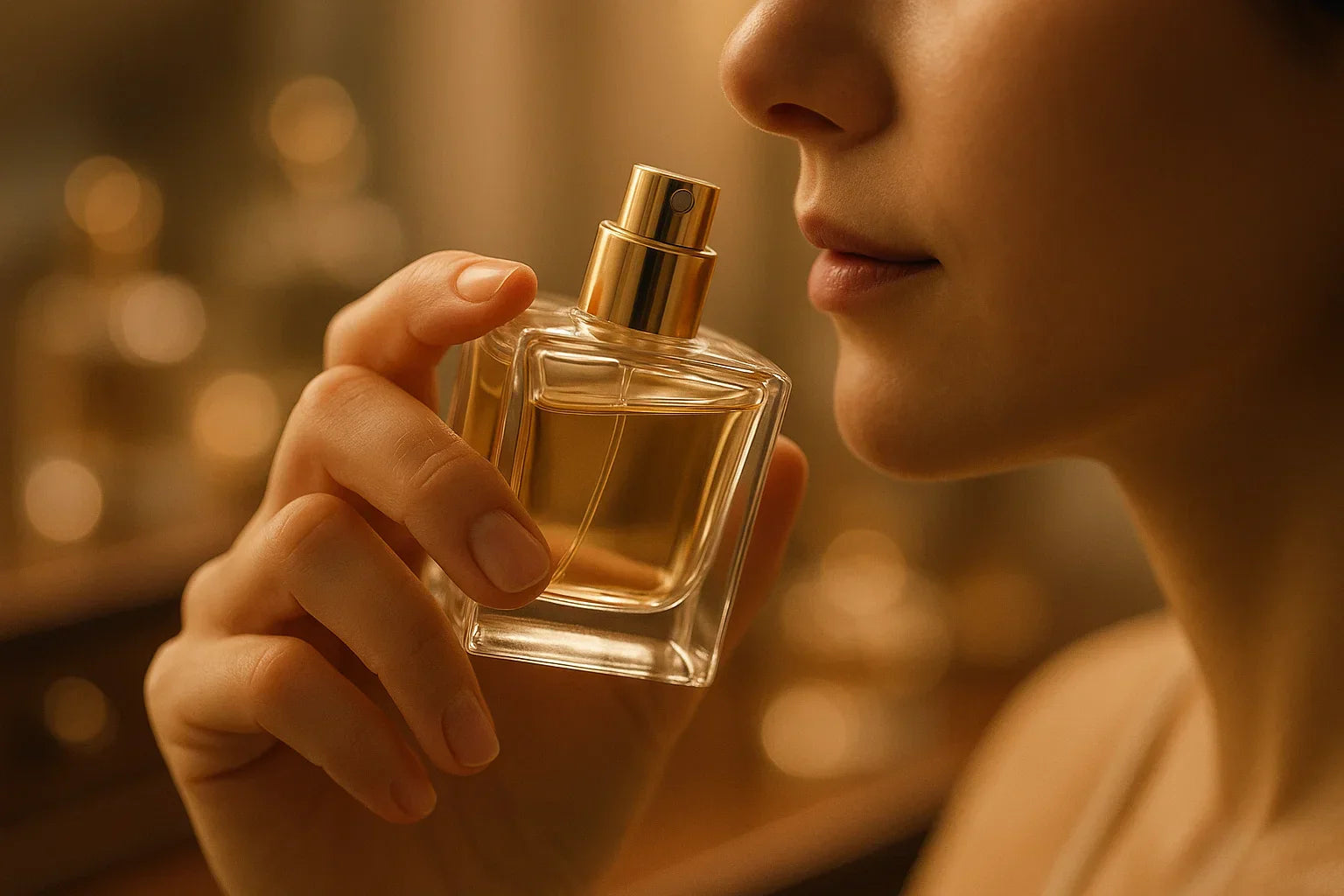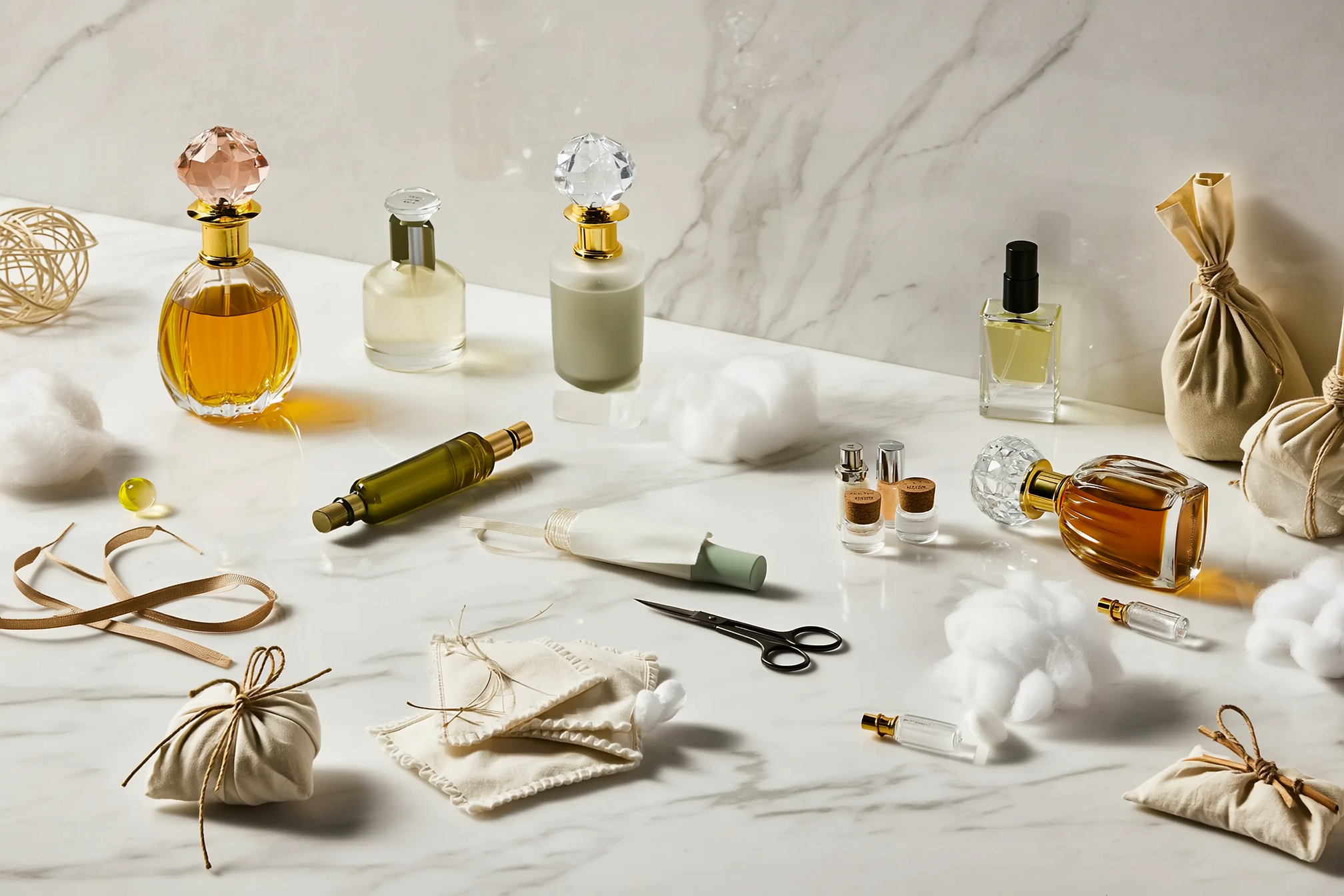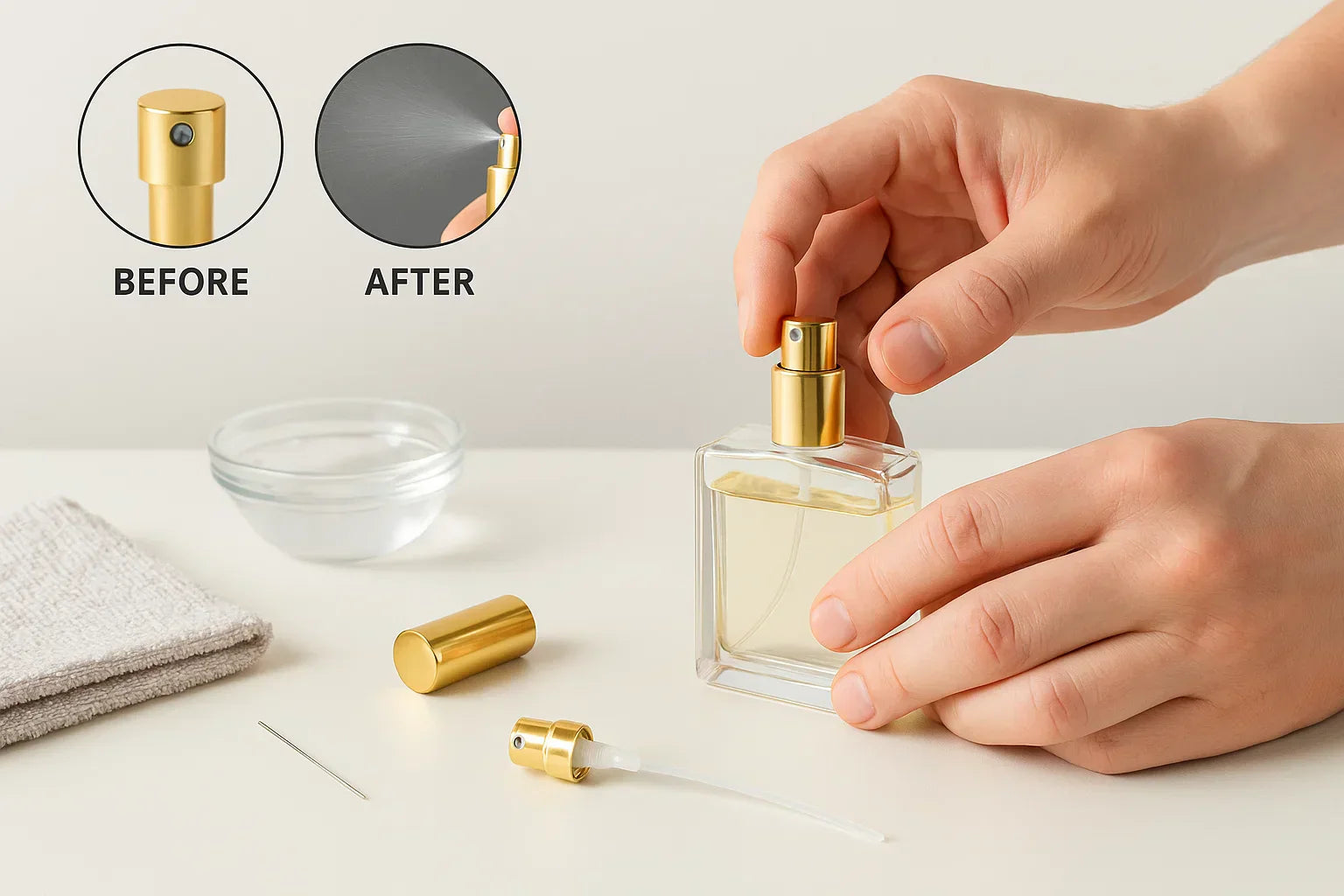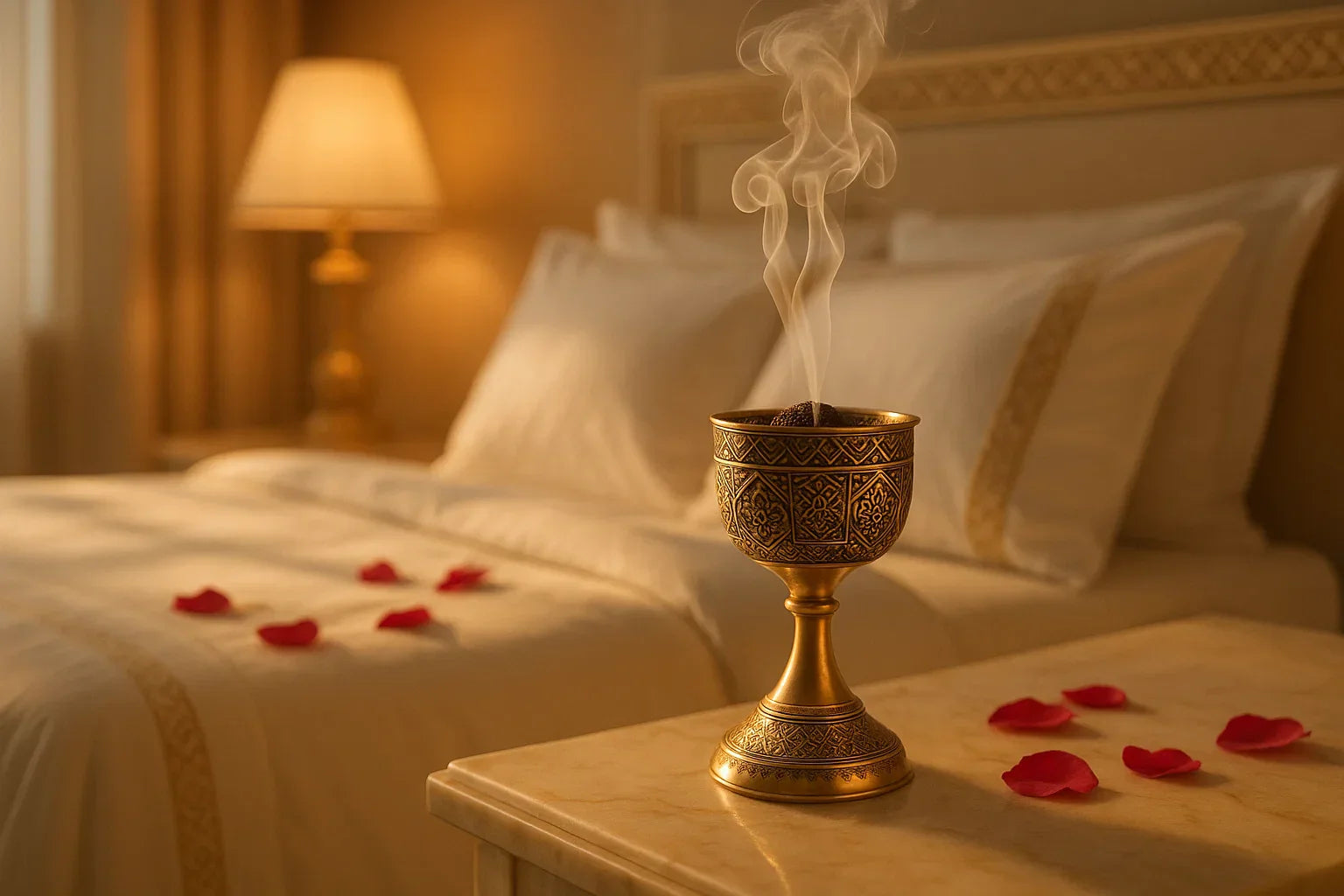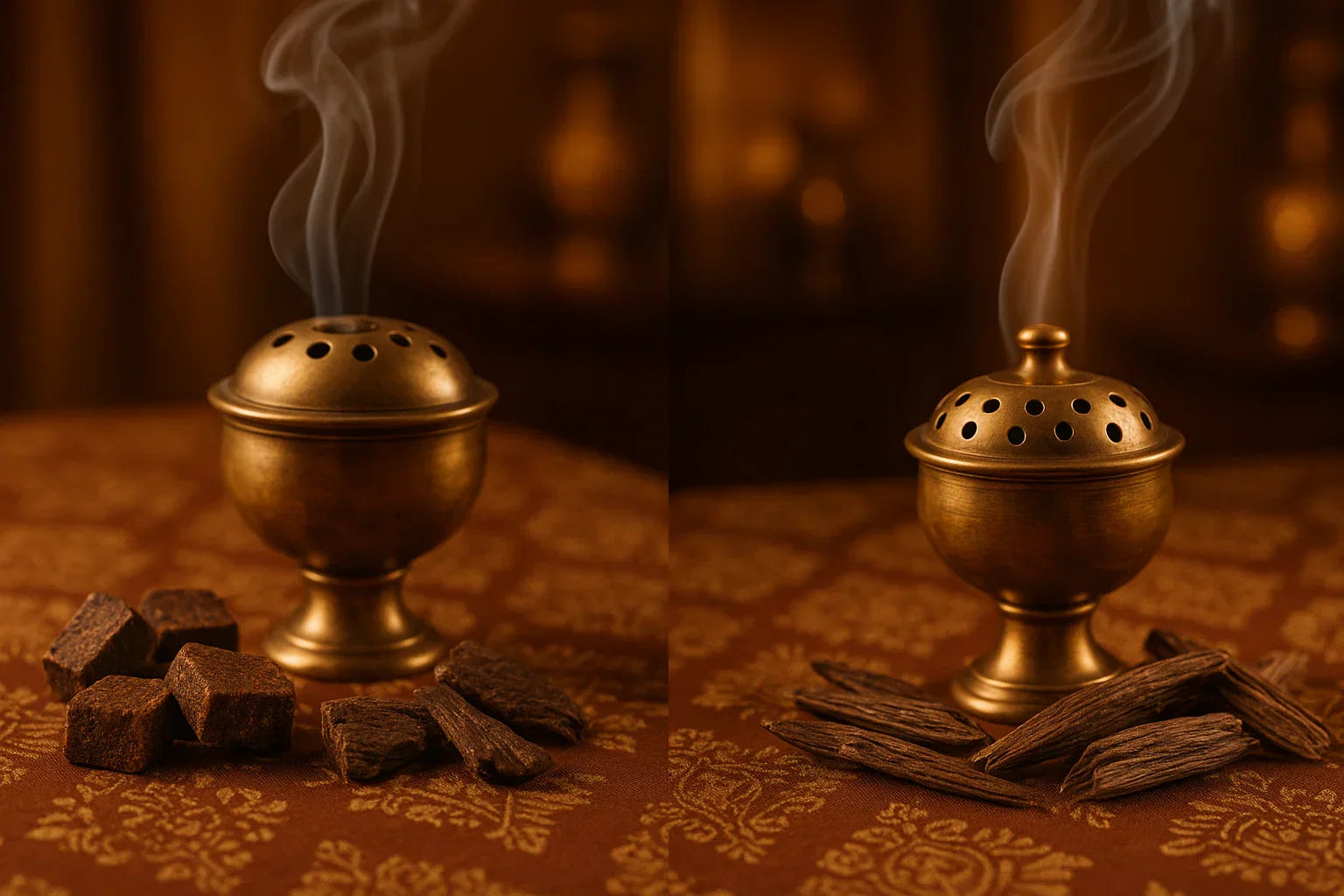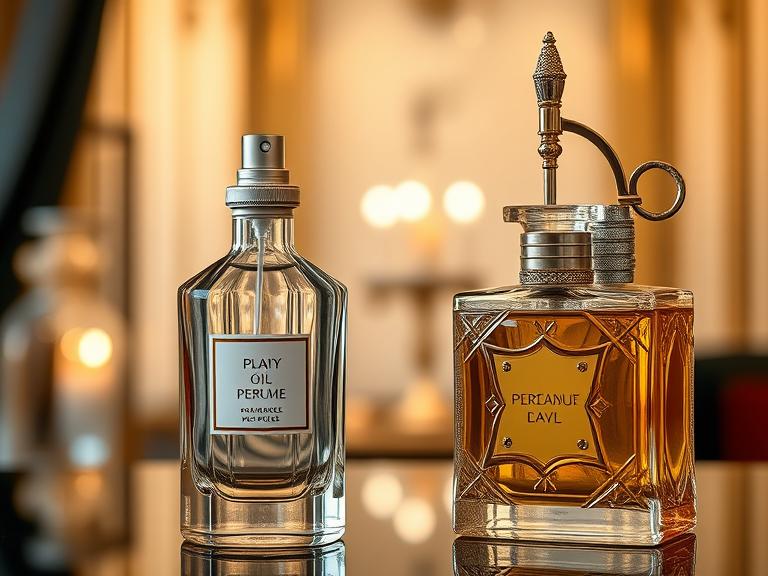
Oil-Based vs. Alcohol-Based Perfumes: Which Lasts Longer?
Introduction
When it comes to selecting a signature scent, longevity is often a top priority for fragrance enthusiasts. After all, who wants to invest in a beautiful perfume only to have it disappear within an hour? The world of perfumery offers two primary formulations: oil-based and alcohol-based perfumes. While both can deliver captivating aromas, they differ significantly in how they perform on the skin throughout the day. The distinction between these two types goes beyond just their base ingredients—it affects everything from application method to scent progression and, most importantly, how long they last. This comprehensive guide explores the science behind perfume longevity and helps you determine which type might be the better investment for your fragrance wardrobe.
Understanding Oil-Based Perfumes
What Are Oil-Based Perfumes?
Oil-based perfumes represent one of the oldest fragrance traditions in the world, dating back thousands of years to ancient Egypt and Mesopotamia. These perfumes consist of fragrance compounds dissolved in a carrier oil base—typically jojoba, fractionated coconut oil, or other skin-friendly oils—rather than alcohol. The benefits of perfume oils extend beyond just their scent, offering advantages in terms of skin compatibility and longevity.
Unlike their alcohol-based counterparts, oil perfumes don't contain water or alcohol as diluting agents. This results in a highly concentrated formula where the fragrance oils comprise a significant percentage of the overall product.
The Composition That Promotes Longevity

What gives oil-based perfumes their impressive staying power? The answer lies in their physical properties and interaction with the skin:
-
Slower Evaporation Rate: Oils have a much lower volatility compared to alcohol, meaning they evaporate at a significantly slower rate. While alcohol quickly disperses into the air, taking some of the fragrance molecules with it, oils remain on the skin's surface longer.
-
Molecular Barrier: The oil base creates a protective barrier that helps trap the fragrance compounds against the skin, releasing them gradually over an extended period.
-
Higher Concentration: Without alcohol or water as diluting agents, oil-based perfumes typically contain a higher concentration of actual fragrance materials, often between 15-30% compared to 15-20% in eau de parfums.
-
Natural Fixatives: Many oil-based perfumes utilize natural fixatives like resins and balsams that help anchor the more volatile aroma compounds, extending the overall longevity of the fragrance.
The Science of Alcohol-Based Fragrances
Traditional Construction
Alcohol-based perfumes dominate the commercial fragrance market and follow a well-established formulation approach. Understanding the difference between perfume and fragrance can help you appreciate the nuances in their composition. These fragrances typically contain:
- Perfume concentrate (15-30% for eau de parfum, 5-15% for eau de toilette)
- Ethanol (typically 80-90%)
- Water (in small amounts)
- Fixatives and stabilizers
The alcohol serves multiple purposes: it acts as a solvent for the fragrance oils, helps distribute the scent when sprayed, and creates the initial "burst" of fragrance upon application.
The Evaporation Process
The characteristic performance of alcohol-based perfumes stems from their evaporation pattern:
-
Initial Projection: The alcohol quickly evaporates, creating a powerful but fleeting scent cloud that projects well beyond the wearer.
-
Staged Development: The classic top, middle, and base note progression is more defined in alcohol-based fragrances, with distinct phases as different molecular weight components evaporate at different rates.
-
Faster Dissipation: The alcohol base continues to evaporate throughout wear, gradually taking more fragrance molecules with it into the air.
Factors Affecting Perfume Longevity
Several variables influence how long any perfume will last, regardless of its base:
Skin Type
Dry skin tends to absorb fragrance more quickly, leading to shorter longevity. Oily skin provides natural oils that help trap and extend fragrance molecules. This is why perfumes often last longer on well-moisturized skin.
Environmental Conditions
Heat accelerates evaporation, while humidity can either enhance (moderate humidity) or diminish (very high humidity) a fragrance's projection and longevity. Cold temperatures slow down the evaporation process, potentially extending wear time.
Individual Body Chemistry
Each person's unique skin pH and natural oils interact differently with perfume ingredients. What lasts all day on one person might disappear quickly on another, regardless of the perfume base.
Concentration Levels
Within each category (oil or alcohol), higher concentrations of fragrance compounds generally lead to better longevity.
Comparing Lasting Power: Head-to-Head
When directly comparing the two formulations under similar conditions, oil-based perfumes generally demonstrate superior longevity:
Oil-Based Perfumes:
- Average Duration: 8-15 hours
- Scent Progression: More subtle transitions, less distinct separation between notes
- Final Dry-Down: Often richer, with base notes that remain noticeable for many hours
Alcohol-Based Perfumes:
- Average Duration: 3-7 hours (eau de parfum), 2-4 hours (eau de toilette)
- Scent Progression: Clear transitions between top, middle, and base notes
- Final Dry-Down: Can become quite faint after several hours, with only traces of the base notes remaining
The Trade-Off: Sillage vs. Longevity
While oil-based perfumes win in terms of longevity, alcohol-based fragrances offer superior sillage (the scent trail left behind) and projection (how far the scent radiates from the body). This creates an interesting trade-off:
- Oil-Based: Longer-lasting but stays closer to the skin, creating a more intimate scent experience
- Alcohol-Based: Shorter-lasting but projects farther, making a stronger immediate impression
Application Methods for Maximum Duration

Oil-Based Perfume Application
To maximize the already impressive longevity of oil-based perfumes:
-
Apply to Pulse Points: Wrists, neck, behind ears, inner elbows, and other warm areas of the body help activate the scent.
-
Layer with Unscented Moisturizer: Applying perfume oils over a neutral moisturizer creates an additional barrier that extends wear time.
-
Consider Clothing Application: Unlike alcohol-based fragrances, oil perfumes won't typically stain fabrics and can last especially long on clothing.
Alcohol-Based Perfume Application
To extend the wear time of alcohol-based fragrances:
-
Apply After Showering: The moisture on your skin helps lock in the fragrance.
-
Use Matching Products: Layering with coordinating body lotions, shower gels, or hair mists can significantly boost longevity.
-
Spray Clothing: Fabric holds alcohol-based scents longer than skin, but be cautious with delicate materials or light colors.
If you're looking for alcohol-free alternatives, learn about available alcohol-free perfumes that might better suit your preferences.
Best Scenarios for Each Type
When to Choose Oil-Based Perfumes:
- For all-day wear without reapplication
- When you prefer a more subtle, personal scent
- If you have sensitive skin that reacts to alcohol
- For intimate occasions where close-proximity scent is preferred
- In dry climates where fragrance tends to evaporate quickly
- When you want to try layering perfumes like a pro for a unique signature scent
When to Choose Alcohol-Based Perfumes:
- For making a strong first impression
- When immediate projection is desired
- For special events or shorter occasions
- In humid environments where projection can be enhanced
- When you enjoy the ritual of spraying perfume throughout the day
Skin Chemistry and Fragrance Interaction
The complex interaction between your skin and fragrance molecules plays a crucial role in how long a perfume lasts:
pH Levels
Your skin's pH can significantly affect how fragrance molecules behave. Slightly acidic skin (pH 4.5-5.5) often holds scents longer than more alkaline skin.
Natural Oils
The sebum your skin produces acts as a natural fixative for fragrances. People with naturally oilier skin typically experience longer-lasting perfumes, regardless of the base.
Moisturization
Well-hydrated skin provides a better surface for fragrance to adhere to. This is why applying perfume after moisturizing often yields better longevity for both oil and alcohol-based fragrances.
Frequently Asked Questions
Are oil-based perfumes worth the higher price?
Given their concentrated nature and extended longevity, oil-based perfumes often provide better value over time, despite their typically higher initial cost. You use less product with each application, and the need for reapplication is significantly reduced.
Do oil-based perfumes expire faster than alcohol-based ones?
Actually, the opposite is often true. The absence of alcohol, which can degrade over time and alter the fragrance, means many oil-based perfumes maintain their scent profile longer. Quality oil-based perfumes stored properly can last 3-5 years, sometimes longer.
Can I layer oil and alcohol-based perfumes?
Absolutely! Many fragrance enthusiasts use this technique to create unique scent combinations with excellent longevity. Typically, the oil-based perfume is applied first, followed by the alcohol-based fragrance to add projection and enhance certain notes.
Are all Middle Eastern perfumes oil-based?
While the Middle East has a rich tradition of oil-based attars and perfume oils, the region also produces alcohol-based fragrances. However, many of the traditional and most revered Middle Eastern perfumes are indeed oil-based, contributing to their legendary longevity. For a deeper understanding of the differences, you can explore our article on the difference between French and Arabic perfumes.
Conclusion
When it comes to pure longevity, oil-based perfumes clearly outperform their alcohol-based counterparts, often lasting 2-3 times longer on the skin. This extended wear time comes from their slower evaporation rate, higher concentration, and better skin adhesion.
However, the choice between oil and alcohol-based fragrances isn't just about which lasts longer. It's about the overall experience you seek from your perfume—the way it projects, how it evolves throughout the day, and how it complements your lifestyle and skin chemistry.
For those who prioritize longevity above all, oil-based perfumes represent the superior option. But for a well-rounded fragrance wardrobe, having both formulations allows you to select the perfect scent delivery system for every occasion.
Whether you're drawn to the intimate, long-lasting embrace of oil perfumes or the dynamic projection of alcohol-based fragrances, understanding the science behind their performance helps you make informed choices for your fragrance collection.
